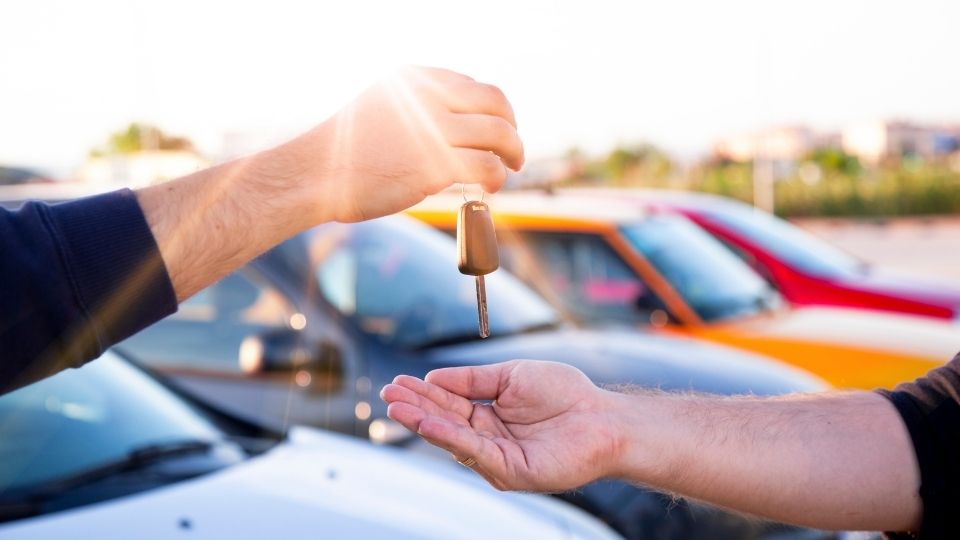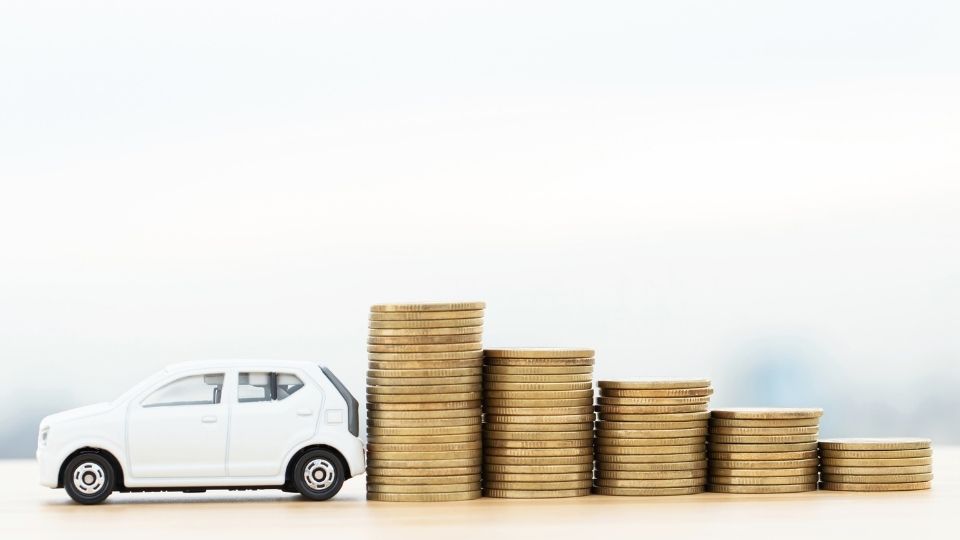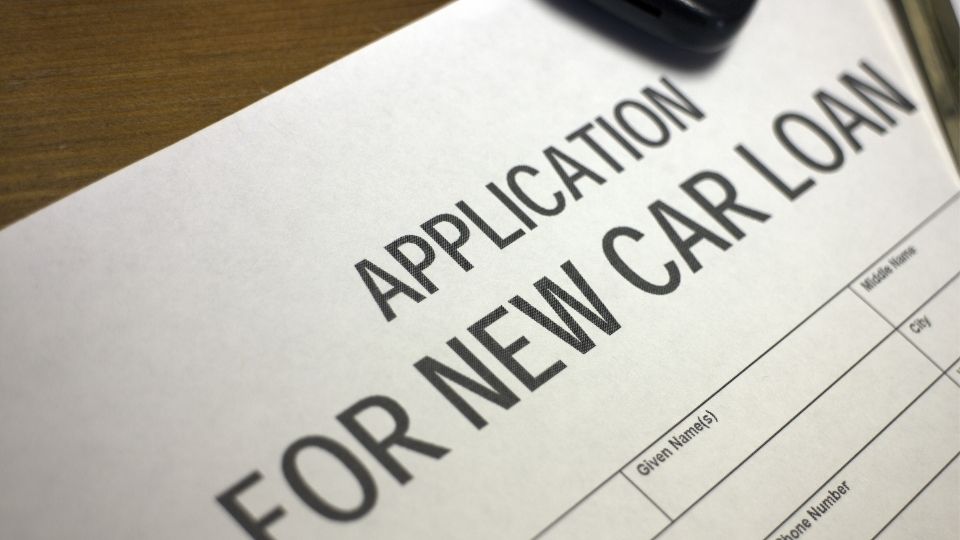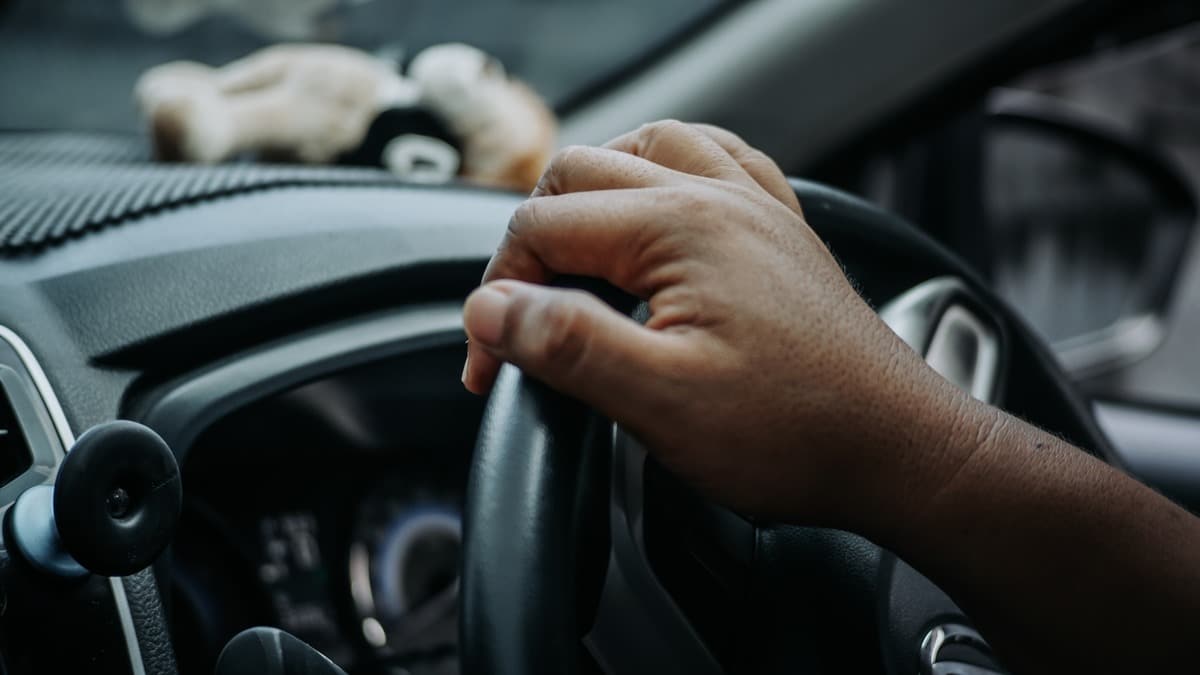How to finance a car smart!

When looking to purchase a car, there are two options, you can either buy a new vehicle or a second-hand one. We have seen significant changes in the car market in recent times and there are now more options than ever before. However, before we look at vehicle finance options, it is important to appreciate the pros and cons of new cars and second-hand cars.
New cars v Second-hand cars
It is only when you begin to look at new cars and second hand cars in detail that you appreciate the pros and cons of each option.
New cars
The attraction of a new car is there for all to see, arranging vehicle finance is a whole different matter. Some of the pros and cons when looking to acquire a new car are as follows:-
Pros of a new car
• As the vehicle is brand-new, it should be more reliable
• New vehicles tend to be more environmentally friendly
• Developments in engine technology can increase efficiency
• Increased efficiency should reduce the cost of running your vehicle
• Many dealerships will offer competitive vehicle finance
• A new car will have new features as standard
• You should be able to customise your vehicle to your liking
• A new vehicle will come with a warranty
Cons of a new car
• New cars depreciate much faster than second-hand vehicles
• More expensive cars tend to attract higher insurance premiums
• Monthly vehicle finance repayments may stretch your budget
On the surface, there are many more pros than cons when it comes to buying a new car. So what is the situation with second-hand cars?
Second-hand cars
While many people are automatically drawn to a new vehicle there is a healthy second-hand car market. Some of the pros and cons of buying a second-hand car include:-
Pros of a second-hand car
• Second-hand cars tend to be much cheaper than brand-new models
• Insurance premiums tend to be lower
• The bulk of depreciation will already have occurred with a second-hand vehicle
• Some second-hand cars still come with warranties
• Parts tend to be affordable and readily available
Cons of a second-hand car
• Some second-hand cars may have reliability issues
• The vehicle may not contain the latest technology
• The choice of second-hand vehicles may be limited
• Private purchases may not come with a warranty
The number of pros and cons regarding a second-hand car is more balanced compared to a new vehicle.

Recent surge in demand for second-hand cars
Before we look at vehicle finance in more detail, and the options available, it is worth noting that the Covid pandemic had a huge impact on the production of new cars. Consequently, in the short-term there has been a significant spike in demand for second-hand cars. This has created a bizarre scenario where the cost of many second-hand cars has increased over the last couple of years.
This is yet another issue to be aware of if you are researching the purchase of a new or second-hand car. As and when new car manufacturing comes back online, demand for second-hand vehicles may return to previous levels and upward pricing pressure may be reduced. Therefore, unless you are careful with your research you may suffer from a short-term price correction.
Vehicle finance
We will now look at the some of the options available when seeking to finance a new or second-hand vehicle. As this is an extremely competitive market, you will find that many dealerships offer their own form of finance. This encourages consumers to sign up there and then, without needing to go away, think the purchase through and arrange finance elsewhere. So what options are available?
Personal Contract Purchase (PCP) for new cars
When you begin researching vehicle finance, you will likely come across the term PCP which stands for Personal Contract Purchase. Toyota dealerships in New Zealand have been particularly active in the PCP market which has opened up some attractive opportunities.
How does PCP work?
On the surface, this type of arrangement looks very similar to third-party vehicle finance. You pay for the car in fixed instalments over a set term. However, the difference with PCP finance is what happens at the end of the loan agreement.
Purchasing a brand-new $50,000 Toyota vehicle using PCP:-
Deposit
As with any car loan finance arrangement, you will be invited to put down a deposit although this is not a condition of a PCP deal. Obviously, if you were to put down a deposit this would reduce your loan amount, loan term and interest payments.
Term
The next thing to consider is the term of the PCP finance arrangement. Again, similar to a traditional loan, you would pay a fixed amount each month. Traditionally, PCP finance tends to be between 24 months and 36 months although it can on occasion be extended to 60 months.
Guaranteed Future Value (GFV)
This is the main attraction of PCP finance, the GFV. This is the guaranteed future value of the vehicle at the end of your PCP arrangement. When your arrangement is coming to an end, you can decide to buy the vehicle outright for the GFV or simply hand it back to the dealership. As you have repaid the PCP element in full, there is no debt but obviously you have no vehicle.
This is an example of a PCP arrangement:-
Purchase: $50,000 Toyota
GFV: $22,000
PCP loan: $28,000
Loan term: Three years
It is important to note that under a PCP arrangement, you will not own the vehicle until you have paid for it in full. This means paying the GFV at the end of the PCP term.
Attractions of PCP finance
The attraction of PCP finance is the fact that you are able to drive a $50,000 brand-new Toyota for three years with a loan of $28,000. Many people tend to take out new PCP finance on a new vehicle at the end of the original term. Consequently, the majority of PCP customers will never own a vehicle outright.
If the vehicle is worth more than the GFV at the end of your PCP term there are additional options:-
• Part exchange for a new vehicle with the GFV returned to the lender. The surplus value of the vehicle, over and above the GFV, can be used as a deposit on a new vehicle.
• Finance the final GFV payment, you then own the car. You can sell it immediately for the higher value (market value), repay the loan and pocket the surplus.
• Sell the vehicle, with the permission of the lender, return the GFV to cover the outstanding debt and pocket the surplus.
It is important to take advice when considering PCP finance as you will be:-
• Tied into a loan agreement
• Obliged to use the dealerships maintenance and repair services
• Limited in your annual mileage
If you do decide to return the vehicle at the end of the PCP arrangement, taking advantage of the GFV, the vehicle must be in pristine condition.

Vehicle finance for second-hand cars
It is possible to create your own type of PCP arrangement in the second-hand car market although it will take some research and the GFV is not set in stone. Here at Crester Credit we offer a range of vehicle finance with flexible terms and conditions. How would this work with a second-hand car?
If you look at car trading websites such as www.trademe.co.nz you will see many similar models of different ages. While this is not an exact science, let us assume the following scenario:-
Looking to purchase: Toyota Yaris (2015 plate)
Cost of vehicle: $7200
Comparable model: Toyota Yaris (2011 plate)
Cost of vehicle: $3000
In rough terms, we can estimate that the Toyota Yaris 2015 plate will depreciate in value to around $3000 in four years. This is the theoretical, but not guaranteed, GFV, similar to that used with PCP finance. So, the client looking to acquire the vehicle would take out a $7200 loan in the knowledge that after four years the vehicle would still be worth $3000. After paying off their finance, they may decide to sell the vehicle for $3000, use this as a down payment for a new car and seek new finance.
While not exactly the same as a PCP, by comparing and contrasting the value of similar vehicles of different ages, you can broadly estimate how much the vehicle will be worth after the loan term ends. It also opens up the opportunity to use the second-hand car as partial-collateral against your original loan.
Finding the best deal for you
If you have a troubled credit history you might not qualify for PCP finance and may need to look towards the second-hand car market. Many people forget that in theory even a second-hand car should have value, albeit depreciated, at the end of your vehicle finance term. The Internet has been a game changer for many industries, including finance and the motoring sector. Consequently, all of the information you require to calculate a theoretical second-hand car GFVs is available online.
As a responsible lender, here at Crester Credit we can review your finances, research the various options and look to provide vehicle finance on affordable terms.
by Ash Horton
February 4, 2022
Ash is a professional content writer with extensive experience in business development in the financial services. Ash has founded businesses from the age of 19, including franchising ventures, and working alongside some of the largest retailers in the world.



